The clinical signs of Feline Idiopathic Cystitis include dysuria (difficulty or pain during urination), pollakiuria...
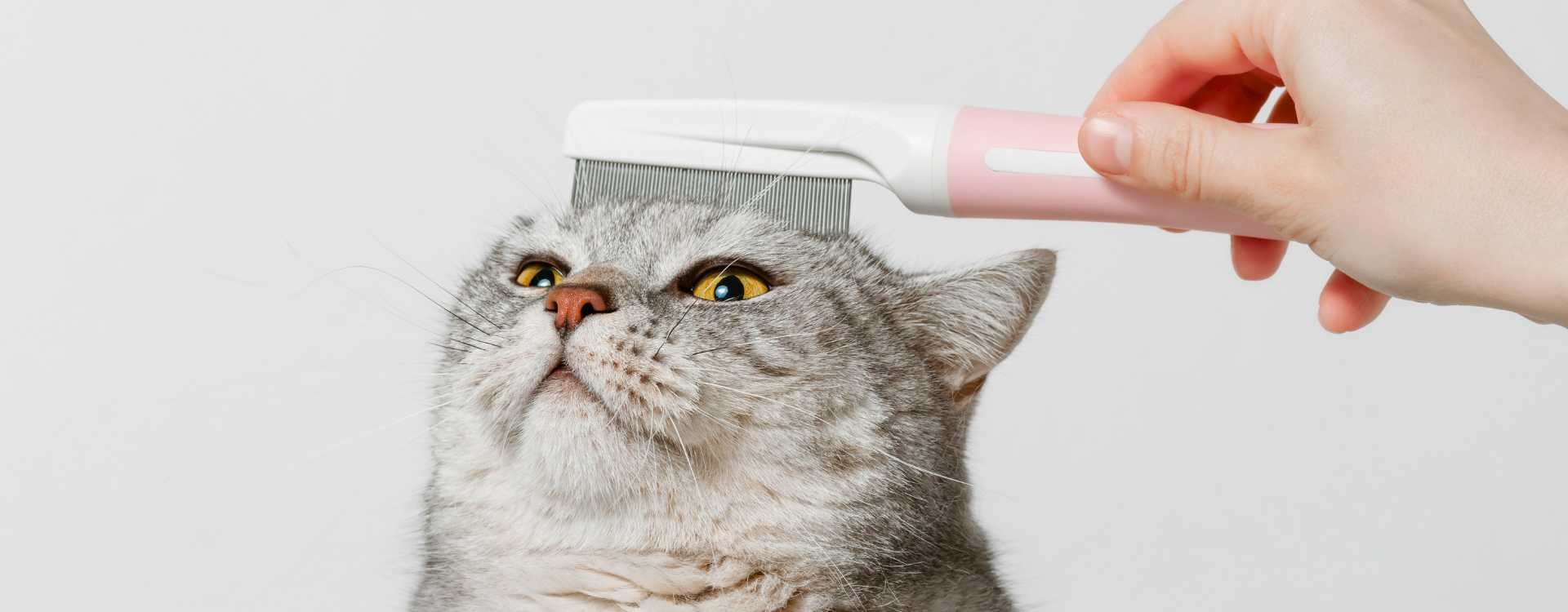
My Cat Is Losing Hair
Hair loss in cats can be normal, but it can also be a sign that something is wrong. Here’s a list of reasons why your cat might be losing hair and when you should visit your trusted veterinarian.
SEASONAL CHANGES
The first thing to consider if you suddenly notice a lot of hair around is the time of year. Like other animals, cats shed their fur with changes in the climate, particularly in spring and autumn.
STRESS
Stressful situations can increase hair loss in cats. Common causes of stress include changes in their environment, the arrival of new family members (whether human or animal), moving houses, and subtle changes that may seem minor to us but can be alarming for them.
SKIN PROBLEMS
When hair loss is localized, you might see areas with less density, bald spots, shorter hair, or even irritated, flaky, or wounded skin. Fungal infections (like ringworm), parasite infestations (like fleas and mites), or allergies can cause hair loss in cats, which can develop into irritations or dermatitis. This issue requires a veterinary consultation for diagnosis and treatment.
ALLERGIES
Did you know that cats can also have allergies? They can develop allergies to certain foods, pollen, cleaning products, or even certain materials they come into contact with, such as food and water bowls. These allergies can manifest on the skin, causing feline acne or hair loss. If you notice that your cat is itchy or licking a specific area of their body, leading to bald spots or wounds, it’s essential to visit your trusted clinic to identify the cause and find a solution.
HORMONAL PROBLEMS
If the hair loss is symmetrical (on both sides of the body), accompanied by weight changes, behavioral changes, or changes in skin thickness, it could be due to hormonal problems, such as thyroid issues or imbalances in the production of sex hormones, which can lead to hair loss. In this case, it’s also advisable to visit your veterinarian.
POOR NUTRITION
An inadequate diet can affect your cat's overall health, including the health of its skin and coat. The food you provide should be balanced, contain all the necessary nutrients for your cat, and be of good quality. Your trusted veterinarian can offer guidance on this.
UNDERLYING DISEASES
A sick cat will have an irregular coat—clumpy, dull, and possibly with increased hair loss. When unwell, grooming decreases, and since hair is considered a “luxury” by the body, poor health shows in the coat’s condition. More serious medical conditions, such as autoimmune diseases, severe skin problems, or cancer, can also cause hair loss.
If you notice excessive hair loss in your cat, especially if accompanied by other symptoms like itching, skin redness, weight loss, or behavioral changes, it’s important to take them to your trusted veterinarian for a proper diagnosis and treatment.


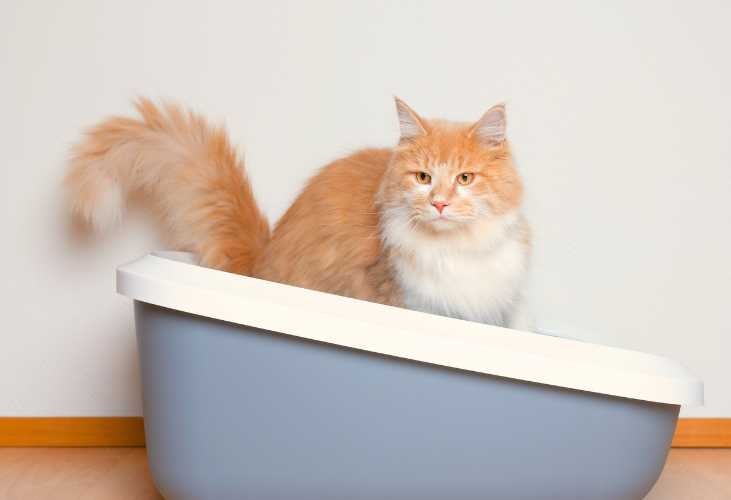

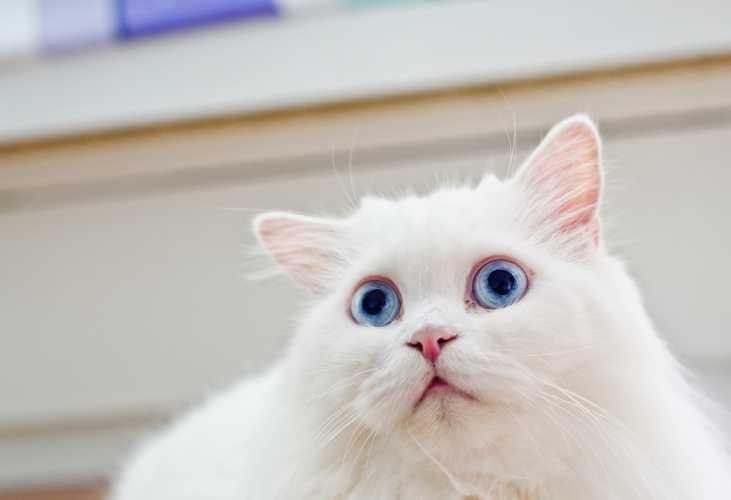
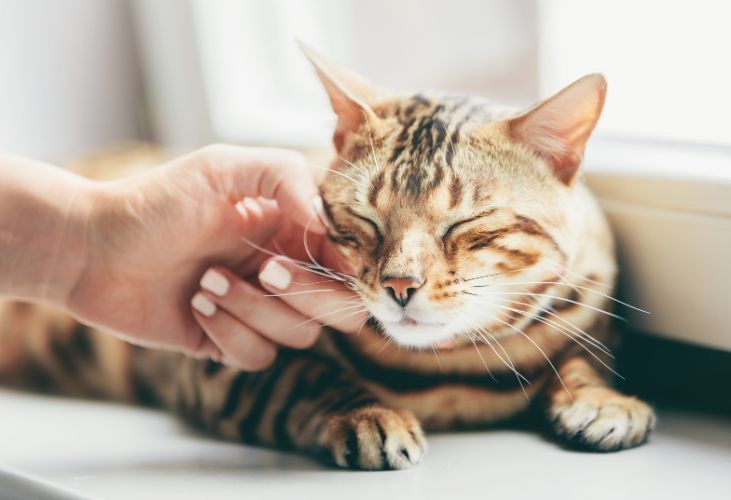
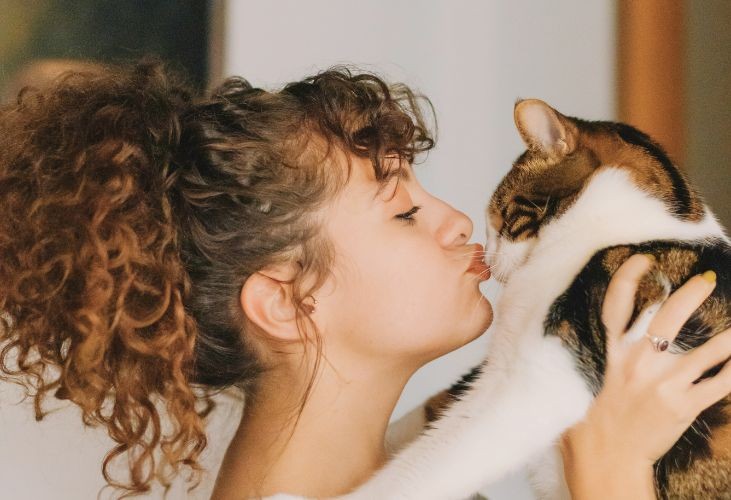
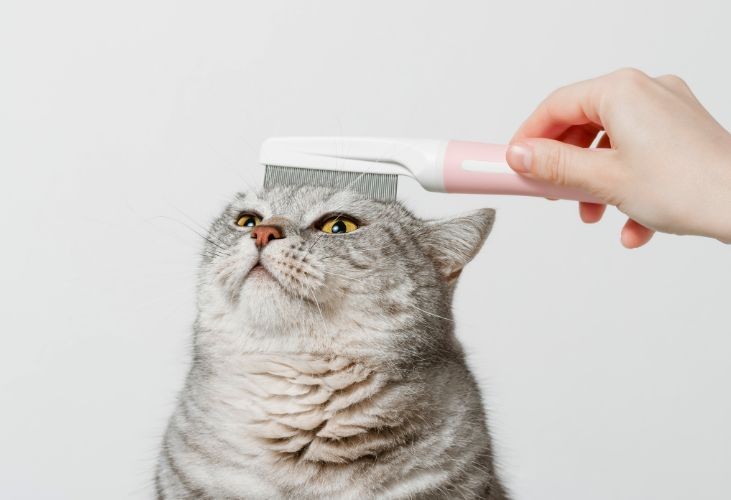
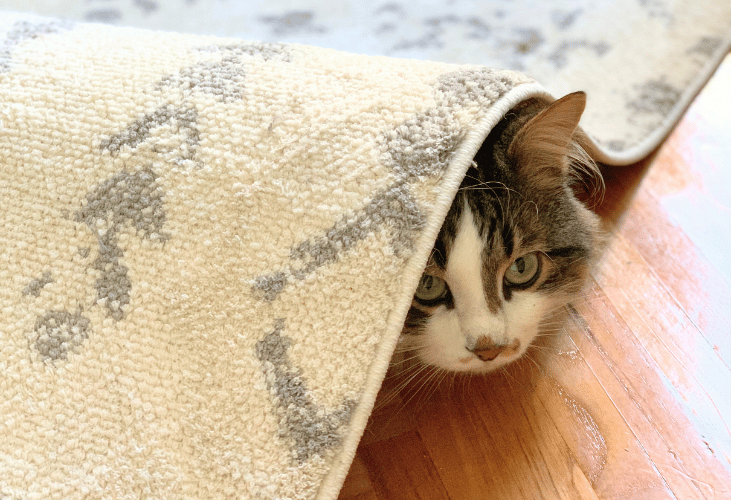
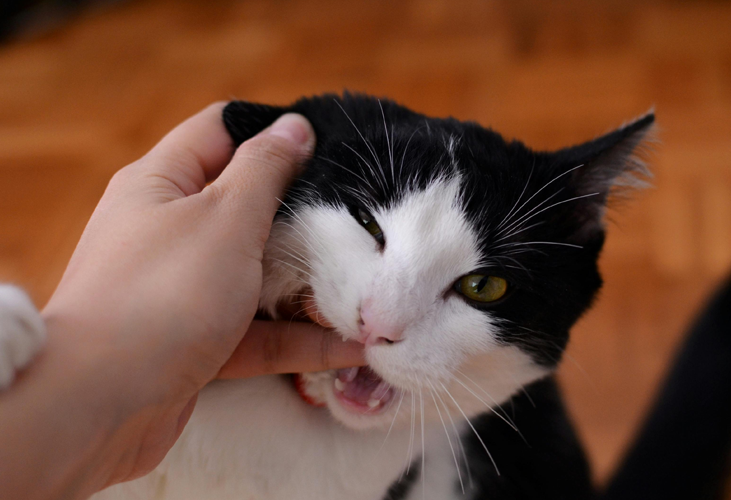
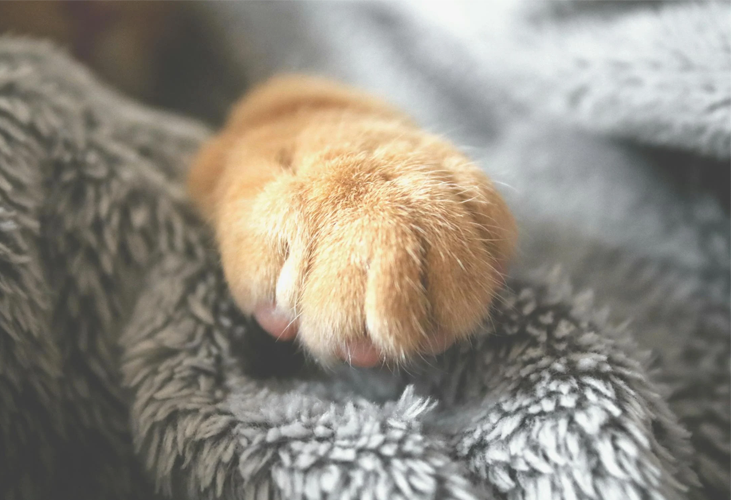
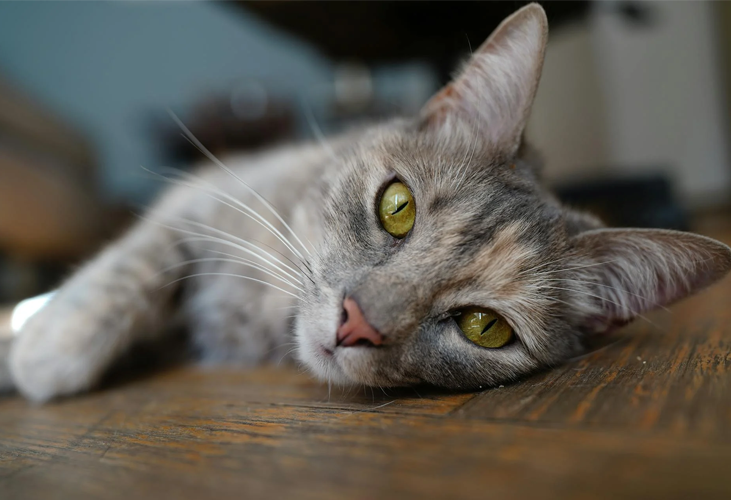
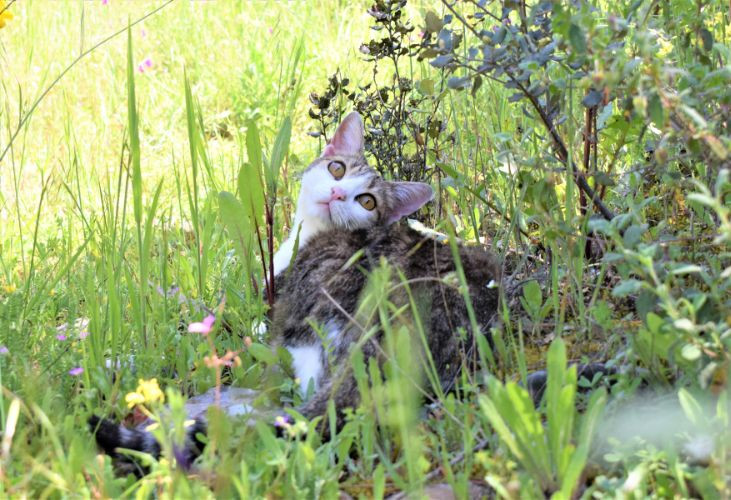
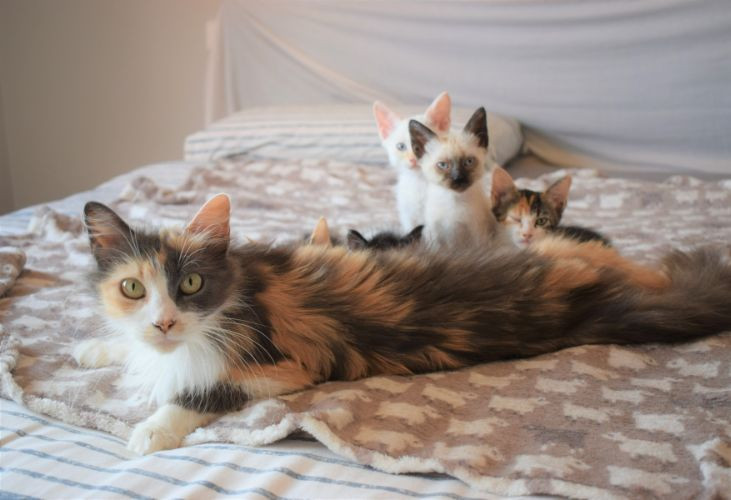
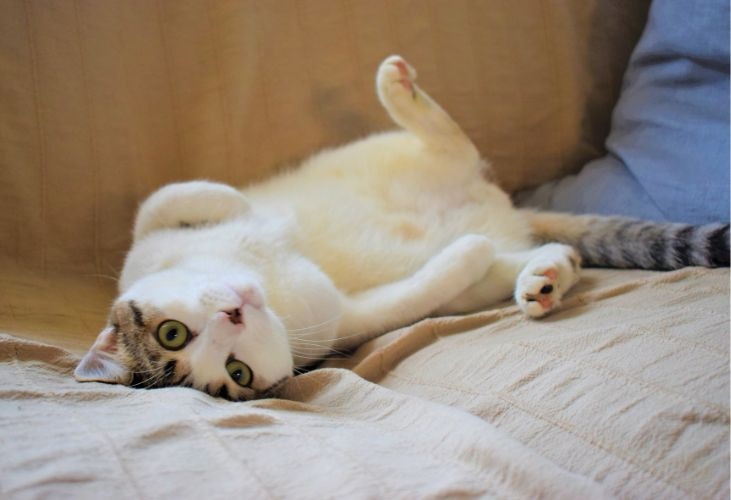
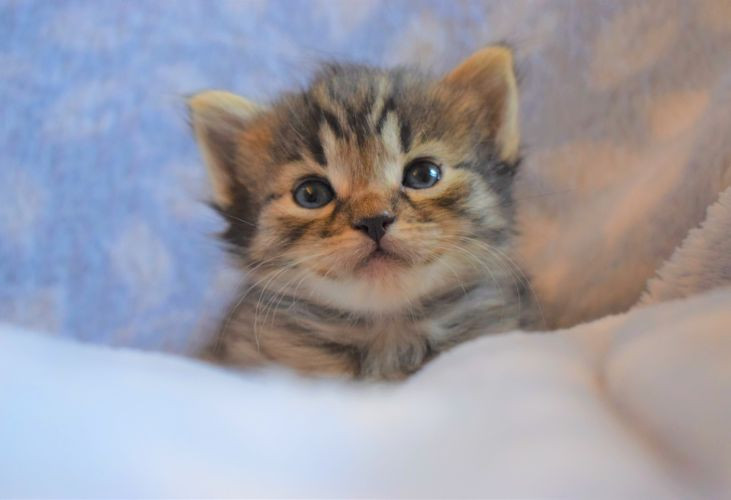
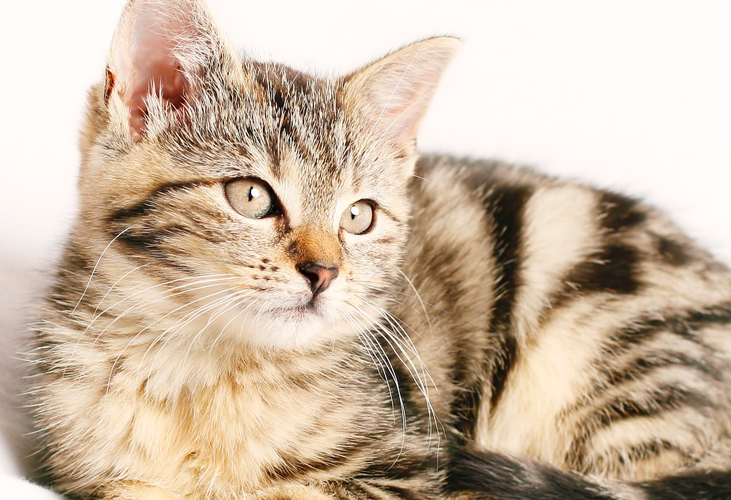
Leave a comment